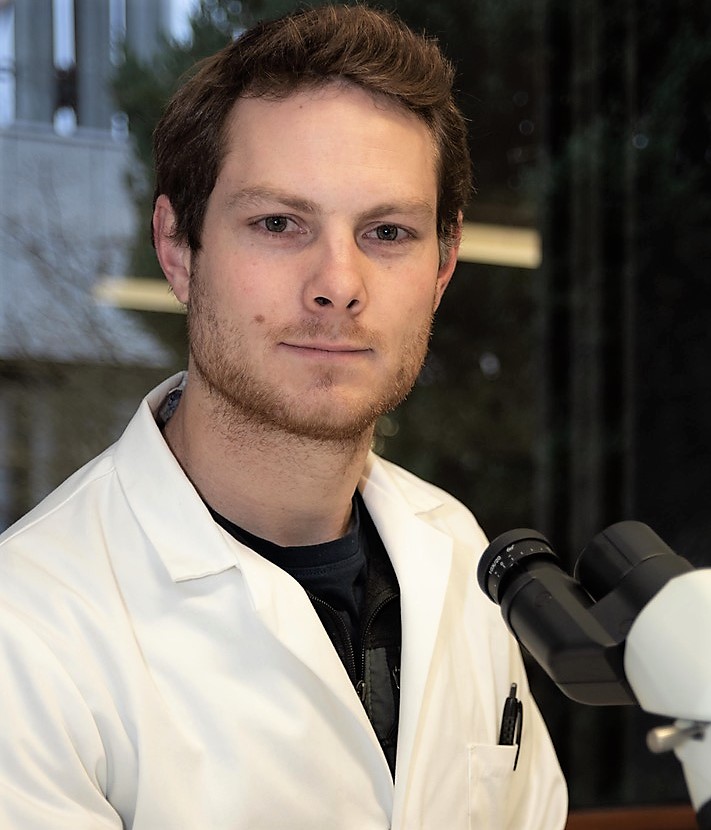Cyril Henard

Email: cyril.henard@sund.ku.dk
Affiliation: University of Copenhagen, Denmark.
PRESENTATION
From the very first moment, I have always been fascinated by aquatic environments and organisms. It leads me to practice sailing, snorkelling, fishing and even start my studies as fish farmer in apprenticeship between 2009 and 2013. After these 4 years, I have noticed that diseases were a major issue and I have promised myself to become the Dr House of aquatic diseases affecting aquaculture species.
To reach this goal, I have completed a BSc in Marine aquaculture at the University of La Rochelle in 2015, I graduate a MSc in Coastal and continental ecosystem and environment at the University of Caen in 2017 and in 2019, I have obtained an MPhil in aquatic veterinary studies at the University of Stirling. For all my internships and studies, the key component was to be able to approach different models of host-pathogen relationship.
So far, I was able to study aquatic diseases such as Bonamiosis of the flat oyster, Furunculosis and Cold-water disease of the rainbow trout, Amoebic gill disease and Saprolegniosis of the Atlantic salmon. My pathogen package includes bacteria (Flavobacterium psychrophilum, Aeromonas salmonicida), parasite (Bonamia ostreae, Neoparamoeba perurans) and fungus-like organism (Saprolegnia parasitica). Overall, my lab skills include bacteriology, immunology, molecular biology, genomic and proteomic.
ESR 10 : Molecular tools to identify pathogenic microorganisms and evaluate risk of disease
Globally, aquaculture is the fastest-growing animal food sector and today 47% of the World´s consumption of fish originates from aquaculture (FAO Report 2018). The growing market for cultured fish reflects an increased global human population, exhaustion of common fish stocks in the sea and in freshwaters due to intensive exploitation, but also a higher consumer awareness towards healthy and low-fat foods with a low environmental footprint.
Traditionally, fish farming has been conducted in ponds or in flow-through pond systems but a high-water consumption and discharge of inorganic and organic nutrients from the fish farms into natural, pristine waters causes concern. Today, discharge of water from fish farms is restricted and controlled by environmental legislation in most European countries, forcing fish farmers to create new production systems. The solution has been development of recirculated aquaculture systems
The aim of this PhD project is to determine the correlation between severity of 2-3 fish diseases and presence of pathogen eDNA in the fish water, in stressed and non-stressed fish. The investigations will be conducted in rainbow trout and zebrafish to obtain a guideline for both salmonids and cyprinids. These correlations will be used to interpret data on the Fluidigm chip, that will be developed during the ITN projects.
